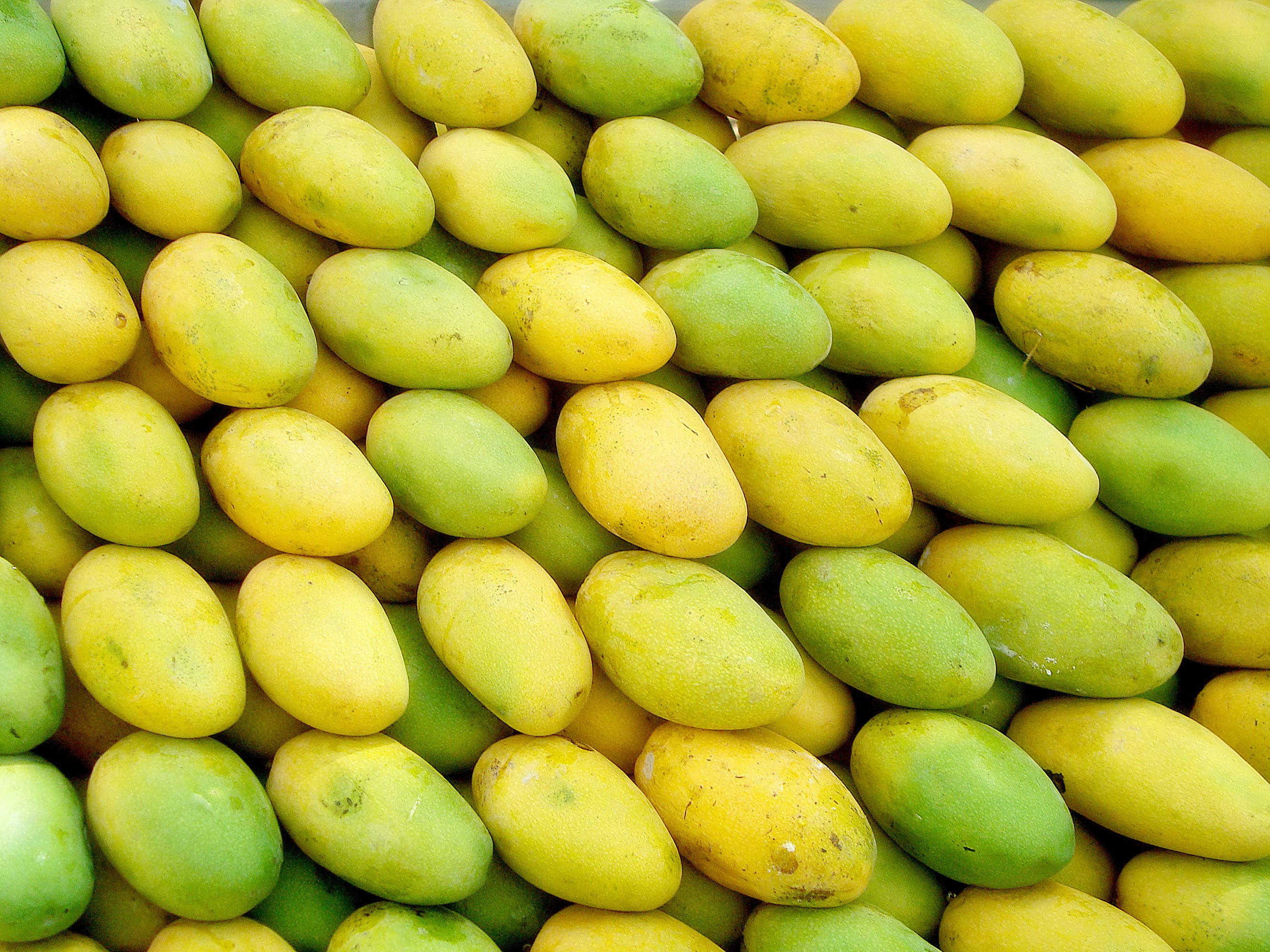Delivered by the King of Fruits: Great Benefits plus a Stone
Seldom would an expert in marine catering services encourage an on-board chef to serve crew members a stone wrapped in a sweet pulp. Yet that action describes what takes place when the team on a catered vessel has a meal that includes the king of fruits (mangoes). Of course the mango’s stone is really a large seed. Removal of that seed allows the mango to be sliced with relative ease. One cup of that sliced sweetness (mango), a portion size that equals 165 grams, contains 107 calories, 3 grams of fiber and 24 grams of sugar. Furthermore, those same slices happen to be rich in both Vitamin A and C.
More reasons for putting mangoes on a list of food on board ships
A diet rich in vitamin A helps to ensure the health of the bones. Authorities in ship management realize that crew members need strong bones. For that reason, the same authorities should work with victualling management, in order to guarantee the crew’s ready access to the king of fruits. Body systems other than the one exposed to the environment also benefit from the presence of Vitamin A. Both the eyes and the immune system work better when each can count on the existence in the body of a sufficient amount of the nutrient that comes from one of the identified food sources, such as the sweet tropical fruit with the big stone. Obviously, every member of any of the on board teams needs a good pair of eyes. The performance of the immune system depends on the presence of two vitamins, both A and C. In fact, that specific system fails to function properly during those times when it has not been supplied with an adequate amount of Vitamin C. Experts in maritime catering services should understand that the mango can serve as an excellent source of that particular nutrient. That same nutrient/vitamin ensures the health of crew members in several other ways, as well. It contributes to the growth of muscles, tendons and bones. At the same time, it allows iron absorption to proceed in a more efficient manner. The body’s capacity for absorbing iron gives the iron-possessing crew member the ability to maintain a consistent level of energy.
Some surprising facts about the mango
Due to the mango’s high sugar content, the king of fruits might not seem like a food that could contribute to an effort aimed at weight control. Yet, mangoes can be enjoyed, guilt-free, by someone that hopes to lose a few pounds. Researchers have suggested that the mangoes’ phytochemicals can actually suppress both fat related genes and fat cells. Another investigation has indicated that those that do not hesitate to eat the mango’s peel can impede the body’s ability to form fatty tissues. Mangoes also appear to contain a chemical that helps to fight constipation. One research study compared the digestive systems of study subjects that got fed a daily dose of fiber, as opposed to those that got a daily serving of mango. The latter group exhibited a better-performing digestive system. Of course, no expert in marine catering services should get carried away by his heightened awareness of mangoes many benefits. As tends to be true in all things, moderation should function as the guiding word for any on board chef. That means that no crew member should get served more than 1 cup of fresh mango, or ½ cup of the dried fruit, during any meal.

